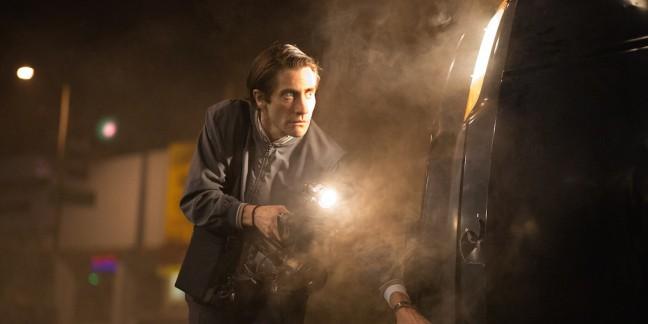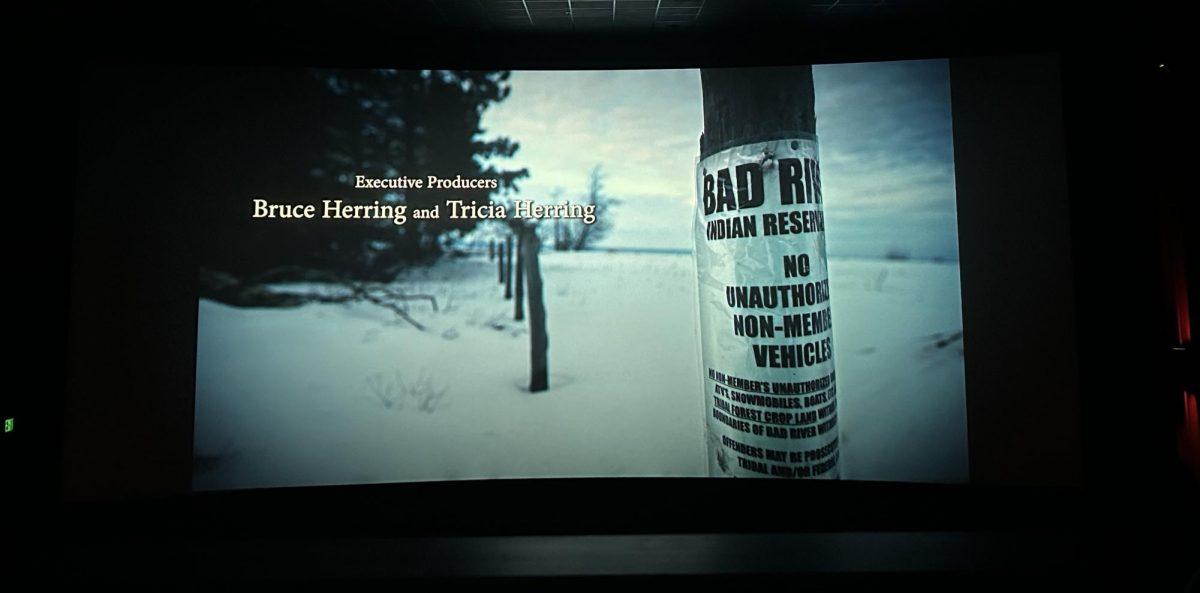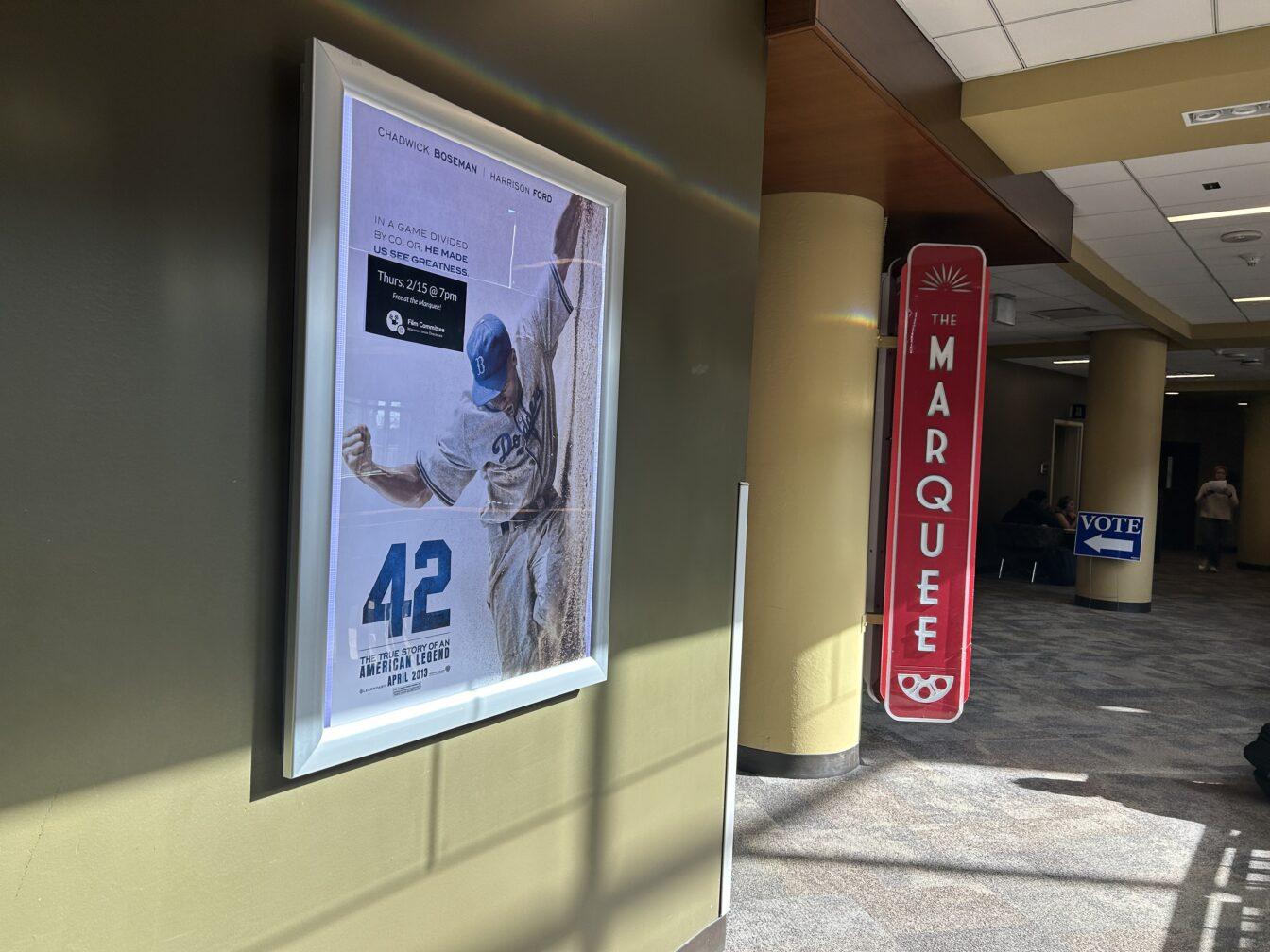It’s not difficult to make a film about corruption in Los Angeles. LA is packed with ugly, seedy locations and riddled with stories of evil and manipulation. All a director has to do is take some neat footage of the city at night, slap a couple of murders onto it and they’ve got a blistering, ready-to-order indictment.
It makes sense that many filmmakers work with stories about the corrupting evils of LA, for the same reason that it makes sense that the protagonist of most Stephen King stories is a beleaguered author: You write what you know. It’s this anger that fuels many masterpieces, like David Lynch’s surprisingly personal “Mullholland Drive” or Alex Cox’s unforgettably ugly “Repo Man.” Using this formula that can produce both the overly manufactured and the highly dynamic, “Nightcrawler” falls somewhere in the middle, producing a film that is as blistering and unique in its narrative as it is bland and derivative in its actual substance.
After being turned down for a job at the junkyard where he regularly sells stolen wire and manhole covers, terminally positive Louis Bloom (Jake Gyllenhaal, “Enemy”) finds a horrible accident in the middle of the highway being filmed by two men. He learns that they are “nightcrawlers,” men who film crime, accidents or other newsworthy events and sell the footage to local news stations. Immediately, Bloom tries his hand at it. He finds himself completely unrestricted by moral inhibition and becomes increasingly successful in the position. As he films, he works his way up in the world of freelance journalism.
Bloom is portrayed as a total sociopath who learns to communicate and speak to others seemingly only in motivational pitches picked up online or on TV. His success skyrockets, even as he begins to leave more and more of a mess in his wake.
Like last year’s “Enemy,” “Nightcrawler” in many ways seems to exist only for Jake Gyllenhaal, who perfectly inhabits the roll of this self-made maniac. Having lost what seems like half of his body weight for the roll, Gyllenhaal looks as devoid of personality and emotion as his character is.
The film draws much of its tension from this inhumanity, structuring its best scenes both on the power that he immediately gains over all those around him and showing exactly how he gains it. It’s an unabashedly showy, over-the-top performance, but it’s also an oddly passionate one. It provides the film with the bottomless well of evil that it constantly draws from.
The viewer is never once asked to sympathize with Gyllenhaal. The film (smartly) never provides his backstory, allowing us to instead sit back and enjoy the mayhem that unfolds around him. It’s almost as if Gyllenhaal’s Bloom is so strong that the entire film conforms to his personality, bending the entire film’s logic to what will best serve him.
The first two-thirds of the film is helped by James Newton Howard’s totally kick-ass Wang Chung-inspired soundtrack and Robert Elswit’s (“There Will Be Blood”) incredible cinematography. Like Bloom, who looks only to move upwards, the film never pauses for a second, providing thrilling set pieces that are often as darkly humorous as they are creepy and exciting.
However, the film feels a need to enforce a moral code that drains any life out of the film. As the stakes begin to pick up and Bloom’s means of getting footage become more suspect, the film overbearingly explains the increasingly obvious subtext of the film. This causes unnecessary pauses, stopping the film in its tracks. Where the film should end with a bang–as the finale is about as concentrated and action-packed as the film gets–it becomes moored down by insufferable smugness, reducing anything impactful or fun to a whimper.














